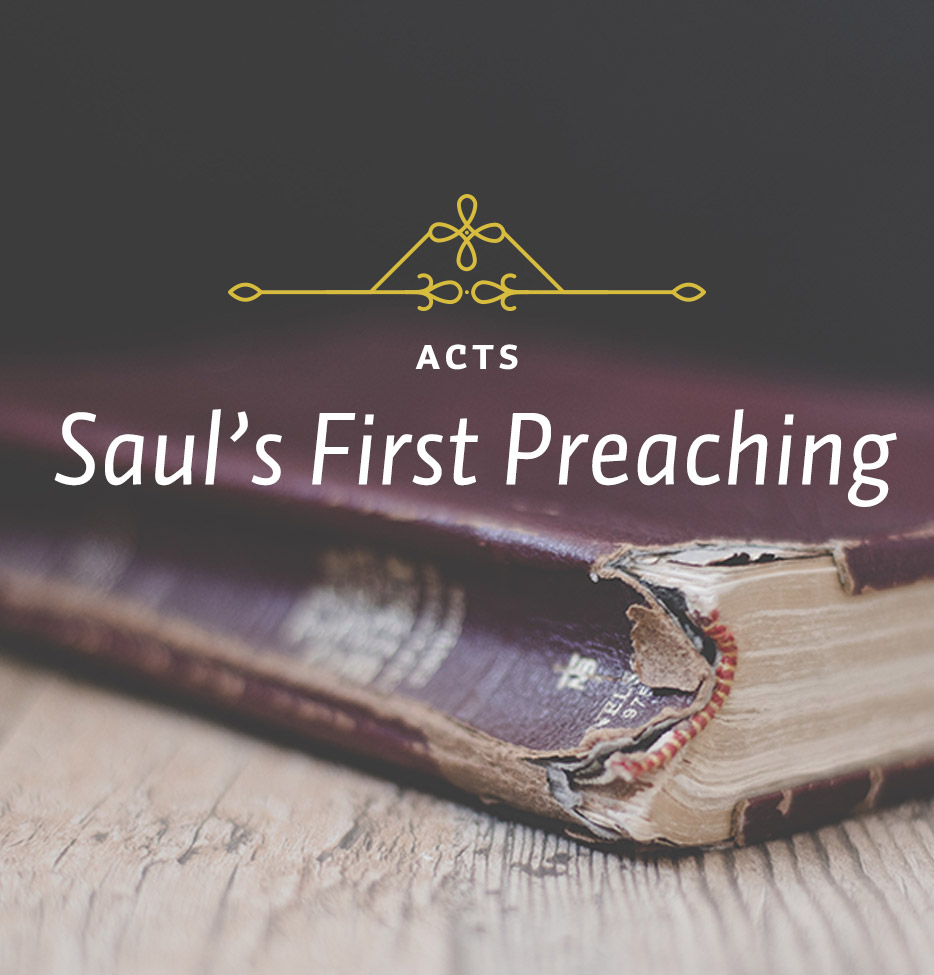The new birth is a lot like physical birth, and physical birth is used in the Bible as an illustration of what the new birth is like. What happens in physical birth? First of all, new life is created within the womb of the mother. In physical terms, there is a combination of the sperm and the egg. Until that happens there is no life. But once that union takes place, life begins to grow. It grows for nine months. Then the moment of birth comes, the baby cries, and everyone is pleased with the cry because it is a sign of a healthy baby.
It is the same spiritually. The sperm is compared in Scripture to the Word of God (cf. 1 Peter 1:23). It meets with the ovum of saving faith in the heart of the one God is saving, and a new life comes into being. It is a very small thing at the beginning; often we do not even know it is there. But it begins to grow, and the time finally comes when the spiritual birth takes place. Someone is holding a meeting. A person gives an altar call and says to the people, “If you’ll receive Jesus Christ as your Savior, I want you to put up your hand and come forward.” This individual does, and someone says, “Oh, he or she has been born again.” But actually, the new birth had already taken place. The Word had been sown. It had been received by faith. The new life had begun to grow. The putting up of the hand is only the proof that the person has been made spiritually alive.
If a baby is born and the baby doesn’t cry, there is trouble. Something is wrong. So also in spiritual terms. When a person is born again, there has to come somewhere at the beginning that moment when he or she verbalizes what has happened. When the person does, those who are looking on and have understanding in such things say, “Well, that’s wonderful. That proves that the Holy Spirit has really brought the person into new life.”
This is what happened to Paul. Paul was a very bright man, and he had a great deal of understanding. True, he was still young in the faith; he needed time to learn. That is one reason why he went into Arabia and spent three years there. That was his seminary training. Nevertheless, although he had a great deal to learn and although the chief work of his life was still many years ahead, he verbalized his faith and began his first preaching by declaring rightly that “Jesus is the Son of God” (v. 20) and “Jesus is the Christ” (v. 22). Thus, from the very beginning, Paul became a preacher. It is worth looking at those two confessions. If you had said to Paul at this stage, “Paul, we want you to write down a theological statement of what you understand about the Christian faith,” this is what Paul would have written down: 1) Jesus is the Son of God; and 2) Jesus is the Christ.
I do not know how much he understood about this basic creed at that time, but I think he probably understood a great deal since it says in verse 21, “All those who heard him were astonished,” and in verse 22, “Saul… baffled the Jews living in Damascus by proving that Jesus is the Christ.” They would not have been astonished or baffled just by his saying, “Jesus is the Son of God” or “Jesus is the Christ.” It was because he could explain what he meant and why he believed it. Later on, we find that the Grecian Jews were impressed with him because he argued theology with them, undoubtedly on the basis of the Old Testament. So he had a great deal to say at this point and probably had much to teach earlier.






